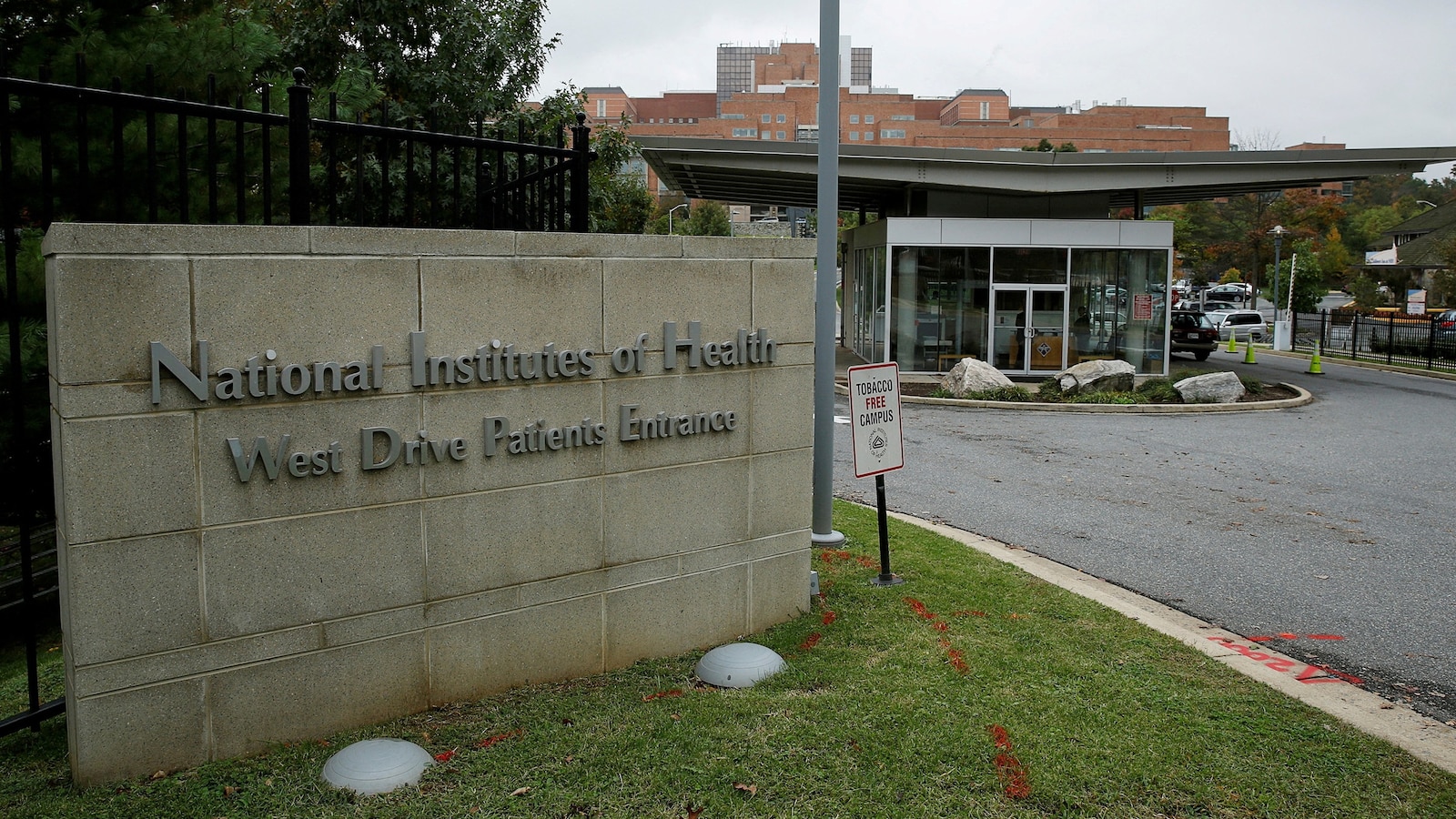Legal Showdown: Scientists Challenge NIH and HHS Over Research Funding Cuts
In a landmark legal confrontation, a coalition of prominent scientists has filed suit against the National Institutes of Health (NIH) and the Department of Health and Human Services (HHS), alleging wrongful termination of vital research grants. The lawsuit, filed in U.S. District Court last week, claims the agencies abruptly cut funding for over a dozen high-impact studies without proper justification, potentially jeopardizing years of scientific progress. Researchers argue these decisions violate federal administrative procedures and could chill future biomedical innovation.
Grounds for the Legal Challenge
The plaintiffs—eight principal investigators from leading universities—assert that NIH improperly terminated grants totaling $37.6 million across projects studying:
- Emerging infectious disease surveillance
- Rare genetic disorders in pediatric populations
- Novel cancer immunotherapy approaches
- Climate change impacts on vector-borne illnesses
“This isn’t just about our labs—it’s about setting a dangerous precedent where scientific merit takes a backseat to bureaucratic discretion,” said Dr. Alicia Chen, a virologist at Stanford University and lead plaintiff. Her team lost $4.2 million in funding for pandemic preparedness research despite receiving NIH’s highest peer-review score (98th percentile) just six months prior.
Administrative Procedures Under Scrutiny
The legal complaint hinges on alleged violations of the Administrative Procedure Act, which requires federal agencies to provide reasoned explanations for substantive policy changes. Court documents reveal:
- 72% of terminated grants had received “outstanding” or “excellent” ratings in NIH’s rigorous peer-review system
- Only 3 of 14 investigators received advance notice before funding cessation
- No appeals process was offered for 11 of the affected projects
“When you have world-class scientists getting defunded mid-stream without due process, it suggests either catastrophic mismanagement or political interference,” argued constitutional law professor Michael Torres, who reviewed the filing. NIH officials declined to comment on pending litigation but pointed to a 2023 agency report citing “portfolio rebalancing” needs.
The Ripple Effects on Scientific Research
Beyond immediate project impacts, researchers warn of broader consequences:
- Career disruptions: 47 junior scientists across affected labs now face uncertain employment
- Data loss: Longitudinal studies requiring continuous monitoring may lose years of investment
- Investor confidence: Pharmaceutical partners have paused $28 million in matching funds
Dr. Raj Patel, a neuroscientist not involved in the case, noted: “Our entire funding ecosystem relies on stability. If PIs can’t trust that a five-year grant means five years of support, the brightest minds will flee to industry or overseas institutions.” Data from the American Association for the Advancement of Science shows federal funding comprises 58% of basic biomedical research support nationally.
Potential Outcomes and Industry Reactions
Legal experts identify three possible resolutions:
- Reinstatement: Courts could order NIH to restore funding pending proper review
- Policy changes: Mandated reforms to termination procedures
- Monetary damages: Compensation for wasted resources and institutional costs
The scientific community remains divided. While 73 Nobel laureates signed an open letter supporting the plaintiffs, some budget reformers argue tough choices are inevitable. “We have finite resources,” said former HHS advisor Cynthia Mires. “If priorities shift from rare diseases to antimicrobial resistance, that’s policymaking, not persecution.”
What Comes Next in the Legal Battle
The case’s discovery phase could unveil internal NIH communications about the funding decisions—materials that might reveal whether political considerations influenced scientific priorities. Meanwhile, Congress has scheduled oversight hearings, with House Science Committee Chair Rep. Elijah Vargas (D-CA) promising “serious scrutiny of arbitrary cuts that undermine American research leadership.”
As the scientific community watches closely, this case may redefine the balance between executive discretion and research continuity. For taxpayers and patients awaiting medical breakthroughs, the stakes couldn’t be higher. Stay informed on this developing story by subscribing to our science policy newsletter for updates on the trial and its implications.
See more WebMD Network



